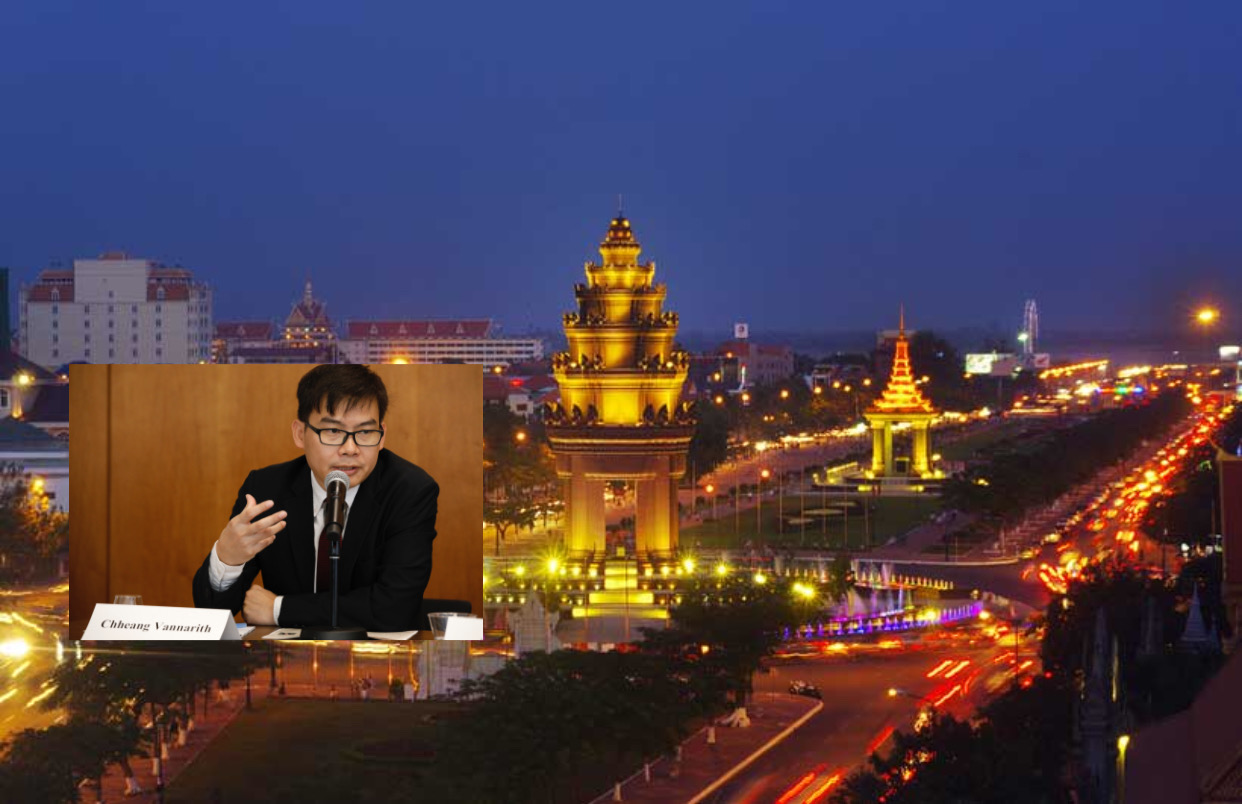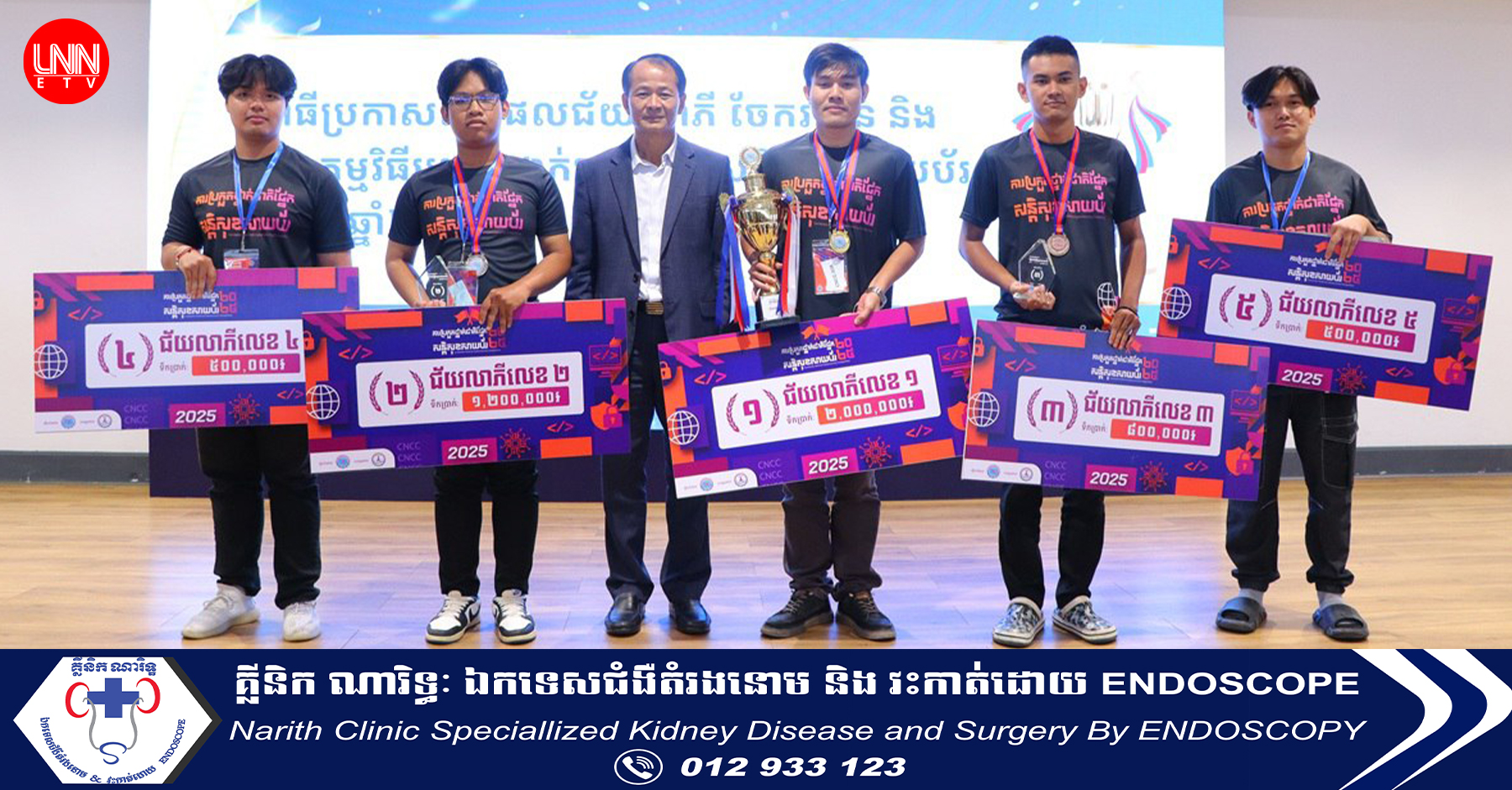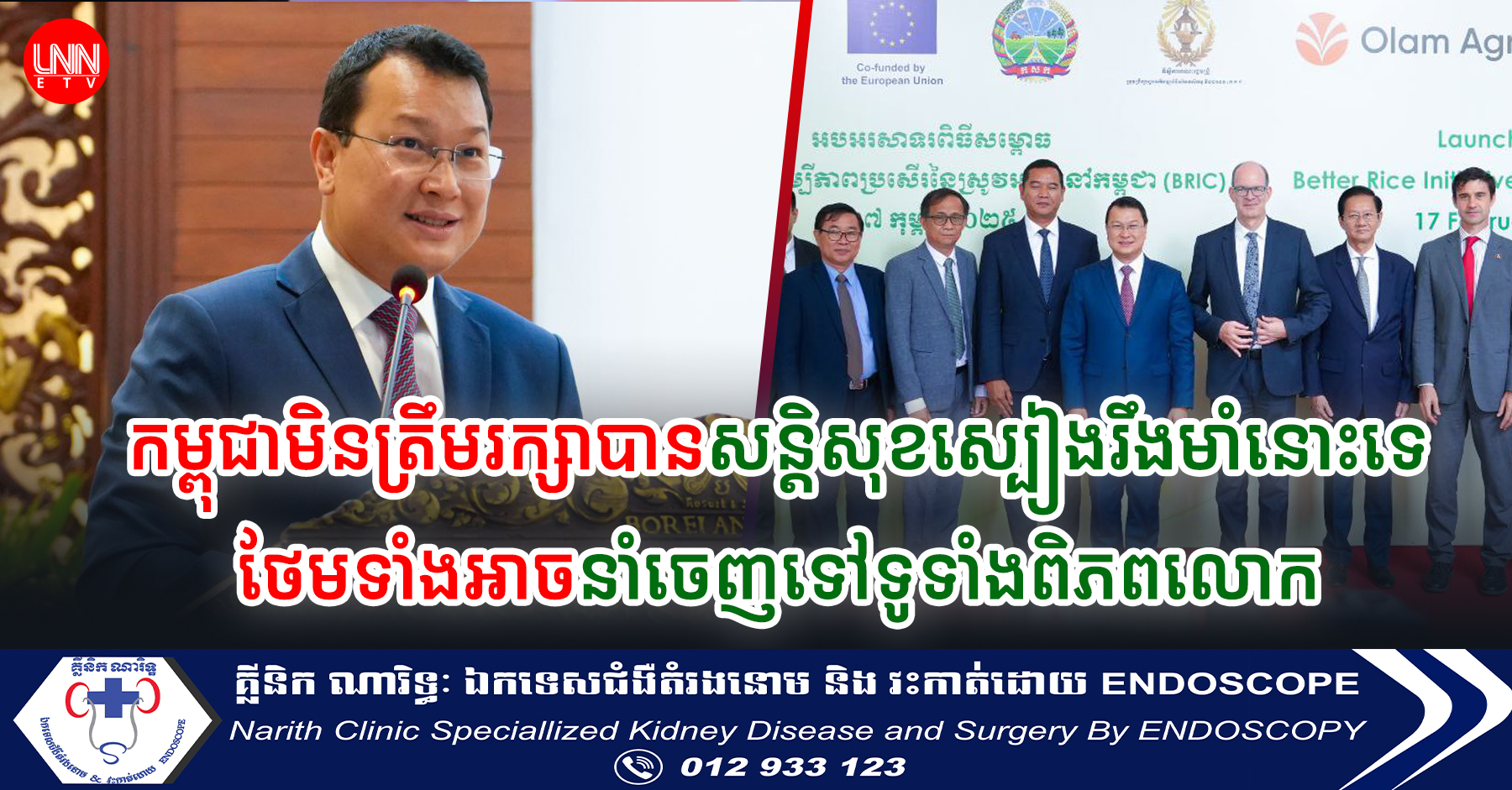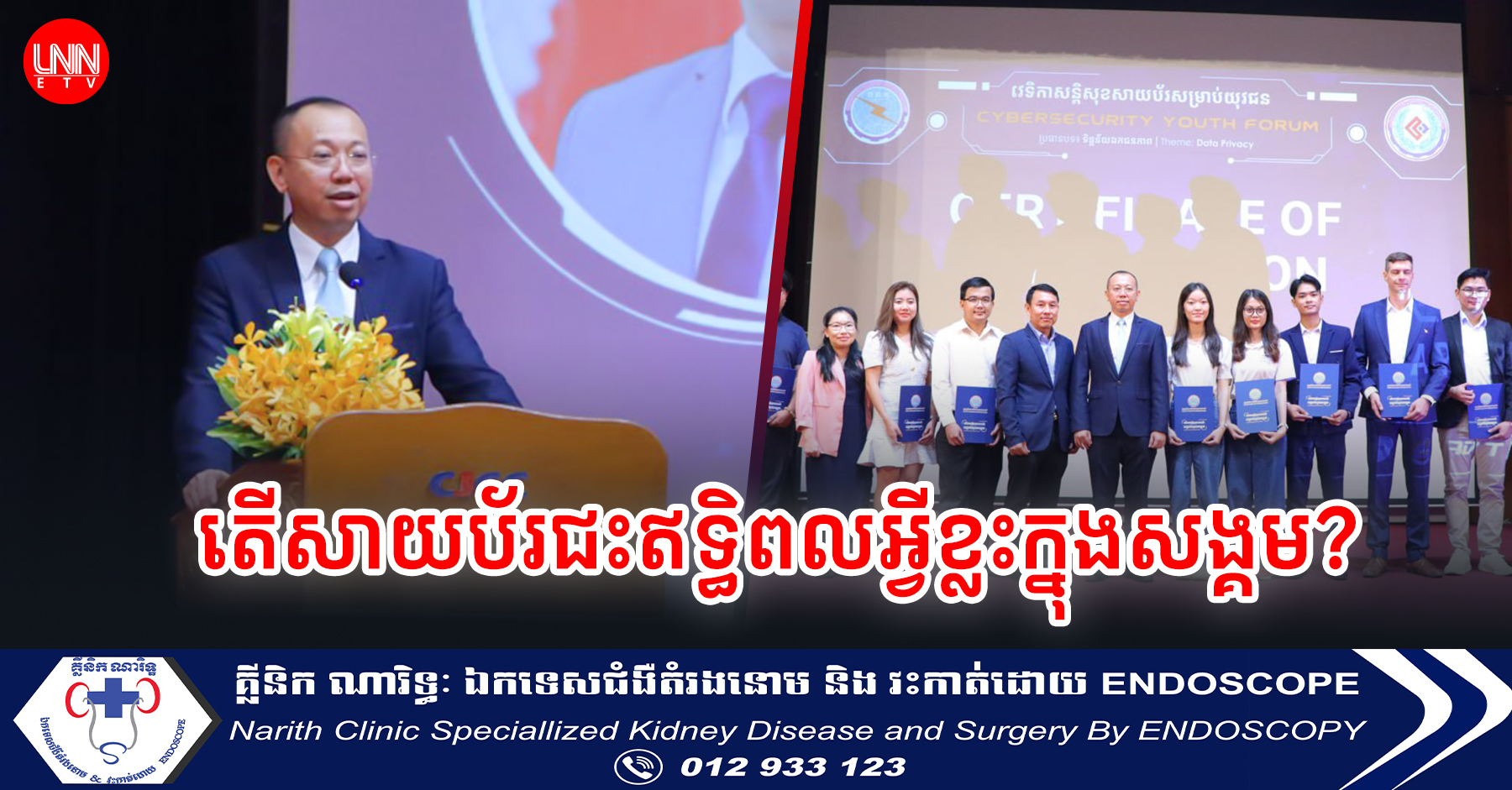
06/11/2020
Due to their limited resources and capability, small states need to heavily rely on external sources for growth. As a consequence, they are vulnerable to external shocks. Lately, in addition to its traditional diplomacy, which emphasises traditional security and sovereignty, Cambodia has introduced a concept of modern diplomacy with a focus on economic diplomacy and economic security. Economic pragmatism, which refers to the alignment of foreign policy with national economic development, has become a foreign policy compass, and this is even more so amid the unfolding crisis caused by the Covid-19 pandemic. Nation-states fall or thrive depending on how well they could manage their economic recovery and the provision of social and economic well-being to their people.
For Cambodia, economic diversification and international integration are essential to national development. At the turn of the century, Cambodia’s foreign policy has become more dynamic and outward-looking, especially after becoming the member of the Association of Southeast Asian Nations (ASEAN) in 1999 and the World Trade Organisation (WTO) in 2004. Economic development is one of the core national interests of Cambodia’s foreign policy, and it includes such activities as seeking development assistance, expanding export markets, and attracting foreign investors and tourists.
In terms of international integration, Cambodia has adopted a two-pronged approach. Firstly, it is the transforming of the international environment into a source of national development. Secondly, it is the diversification of strategic partnerships based on the calculation of economic interests. Transforming external environment into a source of national strength is critical to realising Cambodia’s vision to become an upper-middle-income country by 2030 and a high-income country by 2050.
At the closing ceremony of a professional training for the Cambodian diplomats at the National Institute of Diplomacy and International Relations (NIDIR) on 3 May 2020, Deputy Prime Minister and Foreign Minister Prak Sokhon stressed three key points. Firstly, Cambodian diplomats must do their best to protect the sovereignty, territorial integrity and independence of the country. Secondly, foreign policy is a critical tool to develop the economy. Notably, since early 2020, the Ministry of Foreign Affairs and International Cooperation has formed a unit working on economic diplomacy. Thirdly, Cambodian diplomats need to be equipped with Diplomacy 4.0 and digital diplomacy.
Cambodia’s modern diplomacy can be categorised into four main pillars. Firstly, peace diplomacy refers to Cambodia’s contributions to international peace such as the sending of more than 6,000 peacekeeping forces under the umbrella of the United Nations and the sharing of national experiences in conflict resolution and peacebuilding particularly under the Win-Win Policy. Secondly, economic diplomacy means the promotion of Cambodia as the destination for foreign investors and tourists and the expansion of international markets for Cambodian products and services. Thirdly, cultural diplomacy aims to promote the richness and uniqueness of Cambodian culture and history. For instance, in early 2019, the Asian Cultural Council (ACC) was launched in Siem Reap. Fourthly, digital diplomacy refers to the use of ICT to achieve foreign policy objectives. Currently, NIDIR is developing a training program on digital diplomacy.
We live in one of the most dangerous times. The geopolitical contestation between the US and China has presented huge challenges for small states like Cambodia to adjust and adapt. The more uncertain the international environment is, the more relevant hedging strategy becomes. Similar to other Southeast Asian countries, Cambodia is neither interested in taking sides nor wants to be forced to choose sides. Nevertheless, it seems this option is getting more difficult to achieve.
Cambodia has carefully crafted and implemented hedging strategy, particularly within the context of rising geopolitical tensions between the US and China. Cambodia does not wish to become a vassal state or a victim of great power politics again as it had experienced during the Cold War era. History informs us that self-reliance, national unity, and smart diplomacy should be the survival playbook for the Kingdom.
Moreover, there is a growing consensus that the best way to protect and advance the country’s national interests is through the enhancement of multilateral system and the upholding of a rules-based international order. At the 25th International Conference on the Future of Asia in Tokyo in 2019, Prime Minister Hun Sen said that Cambodia was against protectionism and unilateralism as these political ideologies hindered global progress and disrupted open globalisation. Moreover, at the World Summit 2020 in Seoul, he called for an open and inclusive multilateral trading system and international connectivity.
There are no better alternatives for Cambodia than building national resilience while promoting international integration. Following this spirit, “reforming at home and making friends abroad based on the spirit of independence” should be the guiding governance philosophy for the Kingdom to move forward. Leadership and institutional capacity matter the most on this reform path. The multiple, systemic crisis caused by the Covid-19 pandemic provides a window of opportunity for deep structural reforms at both the public and private institutions, which has been so far still limited. Those who can see and exploit the opportunities will bounce back stronger in the post-Covid-19 era.
CHHEANG Vannarith is the President of the Asian Vision Institute (AVI).
The views expressed are the author’s own and do not reflect the views of the Asian Vision Institute.




